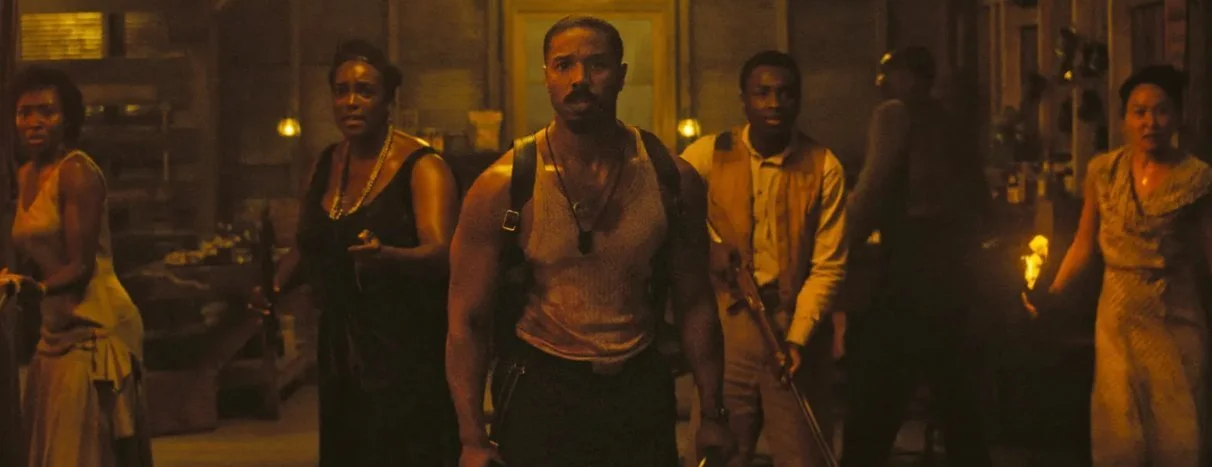
Paul Thomas Anderson said he was inspired by fashion designer Cristóbal Balenciaga in creating the character of Reynolds Woodcock - a controlling, obsessive stylist, aided by his sister assistant (an excellent Lesley Manville) and who doesn't have time for love in his life. "Phantom Thread," Anderson's 8th movie as writer-director, has Woodcock, played by Daniel Day-Lewis, falling for strong-willed Alma (Vicky Krieps), who soon becomes a turbulent fixture in his life as his muse and lover. Alfred Hitchcock's "Rebecca" is clearly an inspiration here as that gothic-romance classic had Joan Fontaine's simple working-class woman, a general outsider, shacking up with millionaire Maxim De Winter (Laurence Olivier,) and having to contend with Olivier's housekeeper Mrs. Danvers (Judith Anderson).
The film is supposed to be Day-Lewis' last of his career, he announced his retirement earlier this year, as the film's production took a severe emotional and mental toll on the method actor.
The opening sequences are entrancing. With barely any dialogue, and Jonny Greenwood's score weaving a beautiful, lush symphony of pianos and violins, PTA draws you into his world of models and dressmakers at the House of Woodcock. The entry of a perfect muse in the form of Vicky Krieps' Alma brings about an unequal affair between the dressmaker and the young lady. Their strong will, intense romance, breathless moments of pure expression all set in the fashion era of 1950 is very much breathtakingly served by Anderson, who seems really keen in showing us a love story that is more than just about lust, but about the most primal and internal motherly affection most men still crave in their adulthood.
The chemistry between the unlikely duo flies off the screen in the forms of upturned lips, gentle touches, and warm laughter. For example, the scene where Woodcock takes Alma's measurements feels like sex rather than him taking in measured numbers. Woodcock eventually molds Alma, a rather simple and modest girl, into a British bourgeois. Things don't seem to click from the start, there's tension between work and love that gives off a rather strained affair between the two, Woodcock's controlling habits overpower Alma's more sensitive mannerisms, but in finding the true dynamic that makes them click, they end up making the most unusual of compromises.
The viewer is always on the outside looking in, we never see them having sex, nor do we truly witness important personal moments between the two, that creates an unusual pacing that will surely put off unadventurous moviegoers. Although it might be deemed his most classically structured film, "Phantom Thread" is a true original. It is less esoteric than the director's last couple of films, and he even serves as his own DP here. The breathtaking cinematography, shot on a 35mm camera, is a clear highlight. There's a dazzling array of tracking shots and intense close-ups that make this truly feel like a PTA movie. It might also be his most experimental picture, even more so than "Punch-Drunk Love," in that the narrative is replaced for ambiance and character studies of the highest cinematic order. Alma and Cyril are, indeed, merely vessels feeding Woodcock's mind for much of the movie, though Alma's own thirst for power ultimately earns its own seat at the table as a beautiful compliment.
Phantom Thread peaks in its first 100 or so minutes, which are perfectly edited and encompass a truly original vision, the fact that it doesn't quite conclude in a satisfying manner and is hampered by strangely edited final few minutes, something PTA has weirdly been guilty of his last few films, only makes the film's mysteries linger in your head for days. Don't mistake "Phantom Thread" for anything but the work of a true master. [A-/B+]




